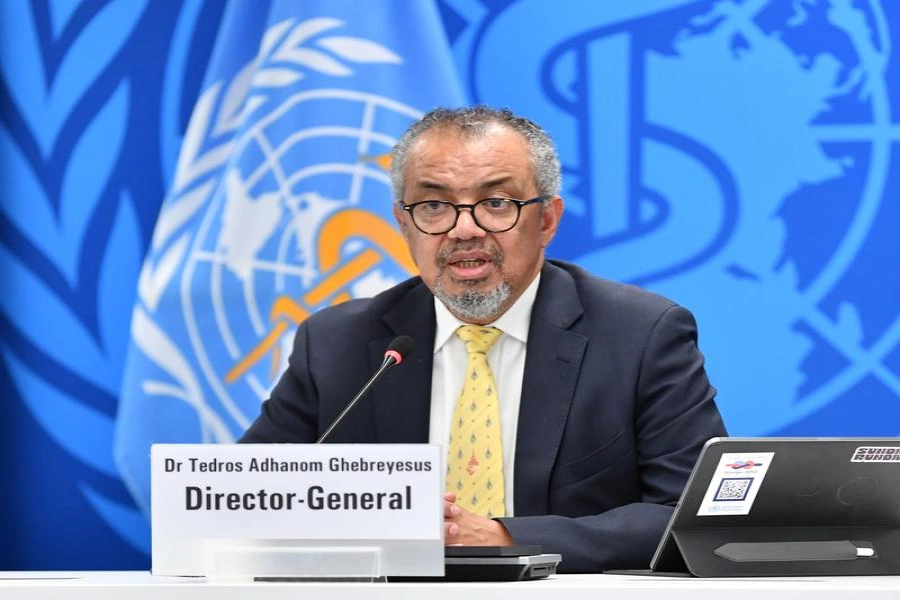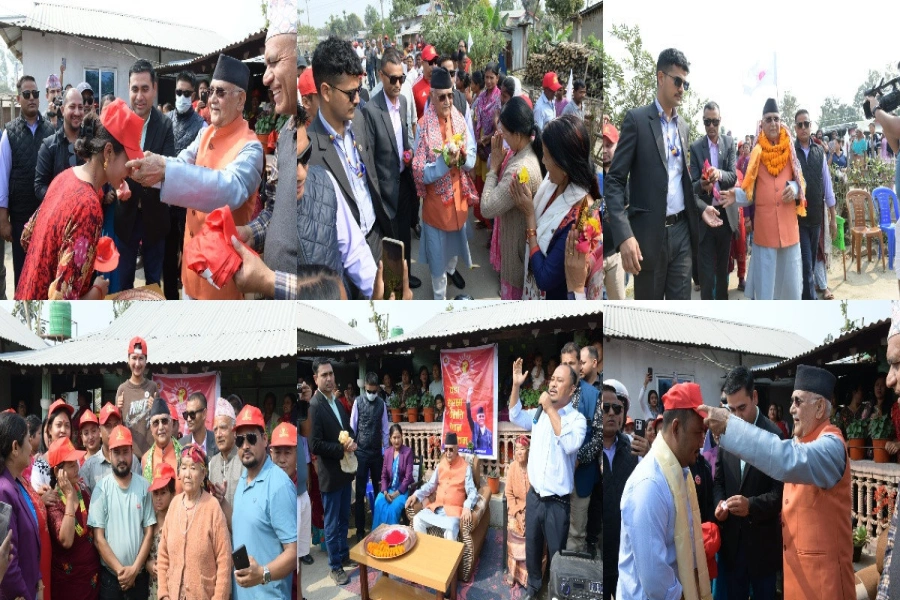CHITWAN, Dec 20: The Bagmati Province alone has a total of 1,253 people suffering from autism. Among them, 495 are in Kathmandu, 113 in Chitwan, 83 in Lalitpur, 78 in Bhaktapur and 77 in Makawanpur.
Likewise, 75 people are suffering from autism in Kavre, 70 in Dhading, 65 each in Nuwakot and Sindhuli, 54 in Sindhupalchowk, 33 in Dolakha and 17 in Rasuwa.
As per the information shared at a workshop on autism organized by the Bagmati Province Health Ministry, currently 4,886 people now are suffering from autism in Nepal.
According to the Health Ministry's expert doctor Shakar Khanal, it is estimated that around 300,000 people, including one in 100 people, have this problem based on the data of the World Health Organization. He said that four men equal to one woman have this problem.
Govt to develop guidelines for autism care in children

According to him, 328 people in the mountains, 2,229 in the hills and 2,329 in the Terai have this problem, according to the geographical condition.
It was informed that the problem of autism is increasing in urban areas rather than in rural areas.
As per the data provided, 1,728 people are living with the problem in villages and 3,158 people in the urban areas.
According to Surendra Bajracharya of the Autism Care Nepal Society, autism is not a disease but a problem. "Though autism is detected at the age of six months in different countries, it is found only after 18 months in Nepal", he said. Sharing that around 0.8 percent of the population with disabilities are also having autism in Nepal, he said autism is a genetic condition and caused by genetics, environment and infection.
So far there is no treatment of the problem, he said, adding it can be improved with various types of therapy and rehabilitation measures.
On the occasion, Bagmati Province Health Secretary Deepak Tiwari said that the province government has made efforts for the first time to solve the problems seen in the issue of autism.
He said such programs would facilitate the government's future works and collection of actual data.
Representatives from the health institutions within the province and various organizations working in the field of autism participated in the program.
(RSS)




























-1200x560-1771928761.webp)









